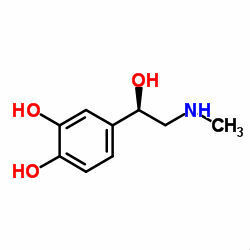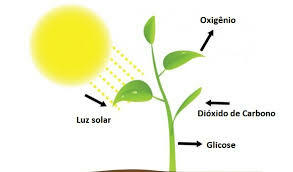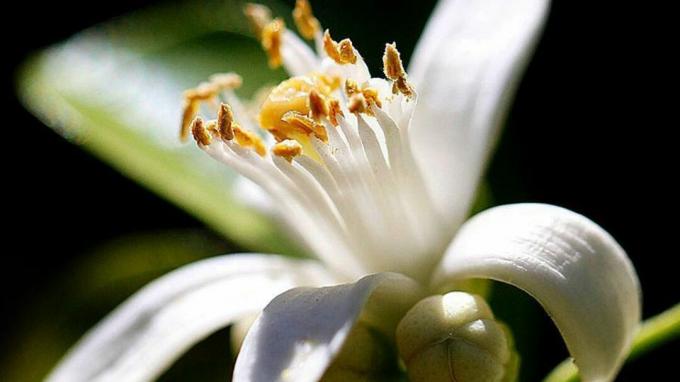Currently, the media has disclosed numerous discoveries attributed to the use of advanced technologies associated with biotechnology. Transgenic, genetically modified food, cloning and many other discoveries associated with theme predisposes every day the need to know at least what this so-called biotechnology is about.
Biotechnology has several definitions according to the way it is seen, but in a very simple way, it is a multidisciplinary set of knowledge that aims at the development of methods, techniques and means associated with living beings, macro and microscopic, that originate useful products and contribute to the resolution of problems.
We should not think, however, that biotechnology is a practice that requires the use of computers and DNA sequencers, on the contrary, humanity uses living beings for various processes since the Antique. With this we can draw a brief timeline:
Antiquity – Use of microorganisms for the preparation of food and beverages.
12th century – The distillation of alcohol.
17th century – Fungi cultivation in France.
18th century – Jenner creates the premises for vaccines by inoculating a child with a virus.
1981 – Obtainment of the first genetically modified plant.
1997 – Dolly, the first cloned sheep, is born.
2003 – The process of cloning endangered animal species begins.
Do not stop now... There's more after the advertising ;)
In this way, we believe that innovation and the development of new products is a constant and is present in our daily lives without us realizing it. Thus, biotechnology seeks, through its action, ways that can contribute to alleviate or even solve problems caused by human destructive action.
Thus, there is a development in relation to the environmental issue of microorganisms modified for the treatment of water contaminated by sewage, other pollutants and even oil.
In relation to agriculture, we have the development of transgenic plants that can be more nutritious, that need less pesticides and are more resistant to pests, reducing the use of insecticides.
As for livestock, we have the formation of embryos, the development of transgenic animals and the improvement of vaccines and medicines for veterinary use.
In relation to human health, the application of biotechnology is used in the development of new vaccines, hormones, drugs and antibiotics.
Biotechnology is an issue that attracts the attention of supporters and opponents around the world, and confrontation between divergent groups is often inevitable. We must always be aware that it is not the instrument itself that is negative or harmful, but the use or destination we give to it.
Fabricio Alves Ferreira
Graduated in Biology
Would you like to reference this text in a school or academic work? Look:
FERREIRA, Fabricio Alves. "Biotechnology"; Brazil School. Available in: https://brasilescola.uol.com.br/biologia/biotecnologia.htm. Accessed on July 27, 2021.



